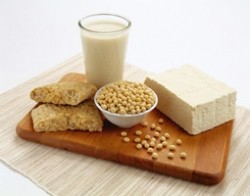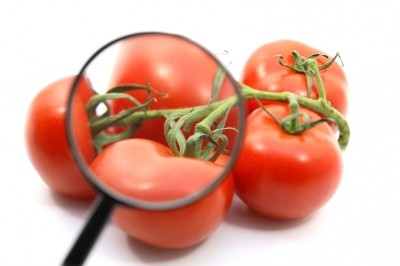Doomed: EU soy-cholesterol health claims after appeal fails

Most of the comments from both academia and industry criticised EFSA’s Panel on Dietetic Products, Nutrition and Allergies (NDA) for casting aside a 23-study strong meta-analysis focused on the potential of soy protein isolate to reduce cholesterol levels, but the NDA was not swayed to alter its opinion.
“The Panel assessed all 23 studies individually and considered that four of the RCTs (randomised clinical trials) did not allow conclusions to be drawn on the effects of ISP on blood cholesterol concentrations owing to inadequate methodology or insufficient reporting,” it wrote.
“Most of the remaining RCTs were at high risk of bias, owing to methodological limitations in the analysis, and/or had poor reporting of the data, and differences in the results obtained between trials appeared to be unrelated to the dose of ISP used, sample size or study duration.”
No reliable evidence
The NDA said while four RCTs showed a significant cholesterol-lowering effect, 14 did not, and therefore the meta-analysis, “would not provide any reliable evidence additional to that provided by the individual studies, and could give rise to risk of a biased outcome.”
It added: “Results from the other 11 published meta-analyses (Anderson et al., 1995; Anderson and Bush, 2011; Balk et al., 2005; Harland and Haffner, 2008; Hooper et al., 2008; Jenkins et al., 2010; Reynolds et al., 2006; Taku et al., 2007; Weggemans and Trautwein, 2003; Zhan and Ho, 2005; Zhuo et al., 2004) submitted with the application were also excluded from consideration for substantiation of the claim as the meta-analyses were either not designed to assess the effects of ISP, but rather of isoflavones or of soy protein from different sources, or contained studies which were considered by the applicant as not pertinent to the claim.”
The Soya Protein Association (SPA), the European Vegetable Protein Federation (EUVEPRO) and the European Natural Soyfood Manufacturers Association were the joint submitters of the article 14 disease risk reduction claim under the EU 2006 nutritition and health claims regulation (NHCR).
They submitted comments along with academics including Professor Penny M. Kris-Etherton, David J.A. Jenkins, Arash Mirrahimi, Kristie Srichaikul, Laura Chiavaroli, Livia S.A. Augustin, John L. Sievenpiper, Russell J. de Souza and Cyril W.C. Kendall.
The claims are likely to be banned across the EU within a year.
Soy-cholesterol claims are affirmed by authorities in Brazil, the US, the Philippines, Japan, the UK, South Africa, Indonesia, Korea, Malaysia and Turkey.
The NDA response can be found here.














